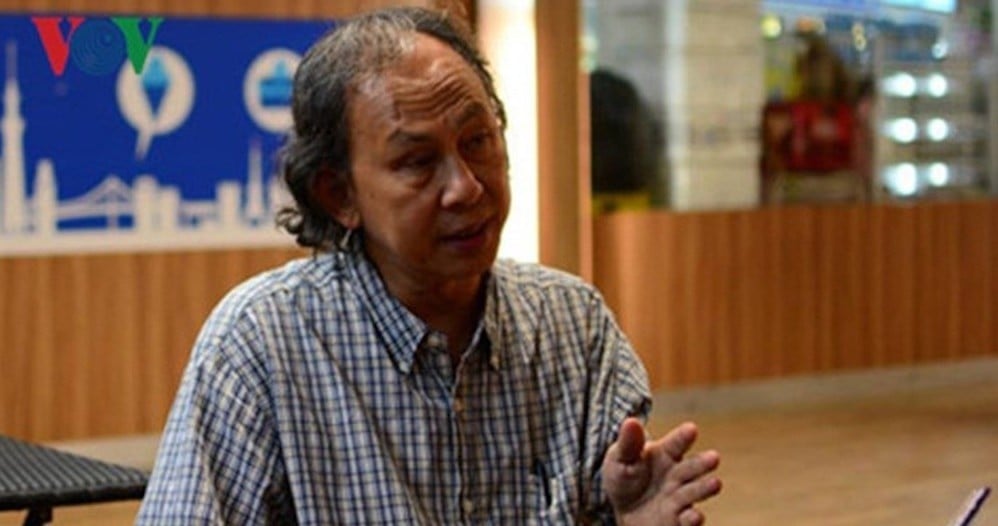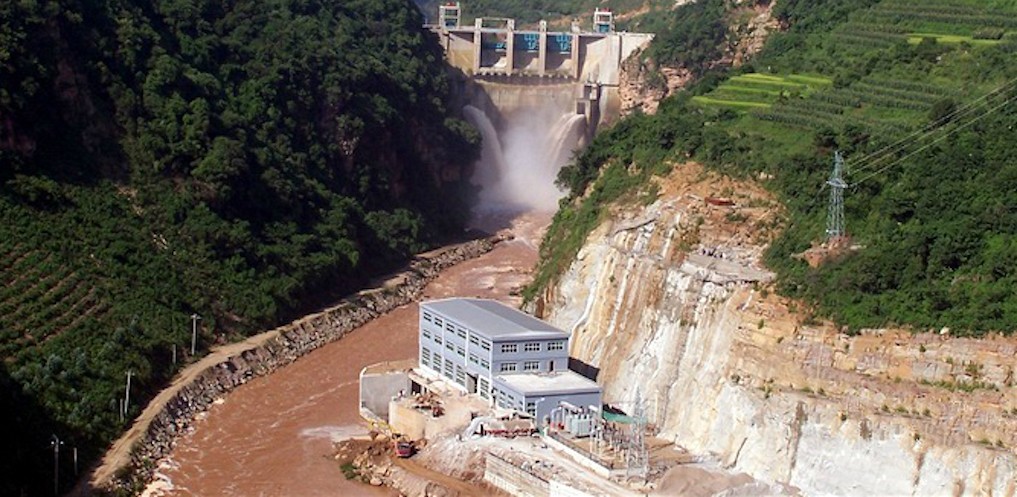In view of various climate change phenomena, how can economies develop sustainably? Specifically, can economies grow while giving equal consideration to the tri-nexus of economy, environment and society? It is a question confronting policymakers in Southeast Asia on a recurring basis.
For development to be sustainable, the environment should be treated as capital and internalized in policy frameworks. An option available for policymakers (in an attempt to include ecosystem valuation) is to set boundaries for pollution and other environmental impacts. This option serves to protect ecosystem assets for future developments, but runs the risk of satisfying the boundaries without actually preserving the environment.
In the same way that the environment provides a service for economic performance, the labor force (human capital) of an economy provides a service toward economic progress. Investment in the labor force assists in delivering a desired level of economic development. The returns from investment in both environmental and human capital are reaped many years later.
This implies that a balancing act between economic performance and environmental protection, coupled with policies that render attention to human capital, is vital for an overall advancement of society. Therefore, sustainable development would demand policies that contribute toward economic development, human capital progression and sound ecological health.
Read more at Brink Asia




